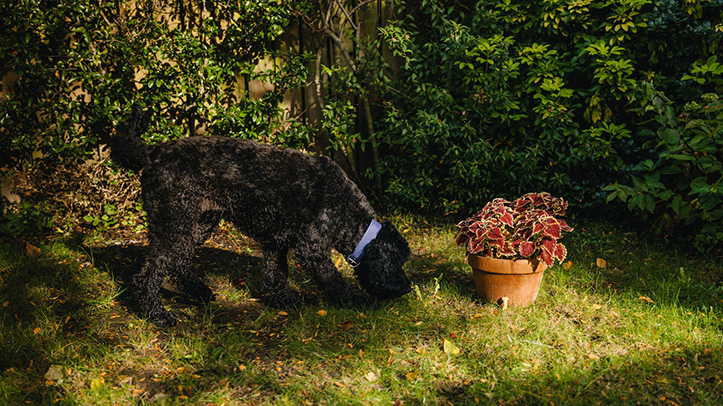As the leaves turn yellow, autumn is a wonderful time to walk your dog, but Dogs Trust is urging dog owners to be cautious by sharing the dangers of conkers and acorns.
Conkers fall from the horse chestnut tree, commonly found in parks and green spaces all over the UK. They cover the ground over the autumn months, giving a great sense of season, but these tough, prickly green or brown-shelled fruits can cause dogs to be seriously unwell if eaten or chewed.
Victoria Phillips, veterinary surgeon manager at Dogs Trust, said: “Conkers might be a sign that autumn is here, but it is vital that dog owners understand that conkers and acorns can be toxic to dogs and, in some cases, can even be deadly.
“Bigger dogs might swallow them, and smaller pooches might give them a chew, both of which can have some nasty side effects.”
Conkers, which contain a toxin called aesculin, can cause your dog to be unwell within hours, with symptoms including:
- Vomiting;
- Diarrhoea;
- Stomach pain;
- Restlessness;
- Urticaria (rash);
- Swelling around the eyes and mouth; and
- Not being able to move (or even collapsing).
Dogs can also choke on conkers or acorns, and swallowing can lead to blockages in the gut.
Advising on the best ways to keep your dog safe, Ms Phillips added: “To keep your dog safe this autumn, walk your dogs on a lead where there are lots of conkers on the floor, and keep your eyes peeled for your pooch playing with them. They may look relatively harmless, but they can cause serious issues.”
Dogs Trust advises that if you are concerned your dog has chewed or consumed conkers or acorns, or is showing signs of illness, contact a vet immediately.


